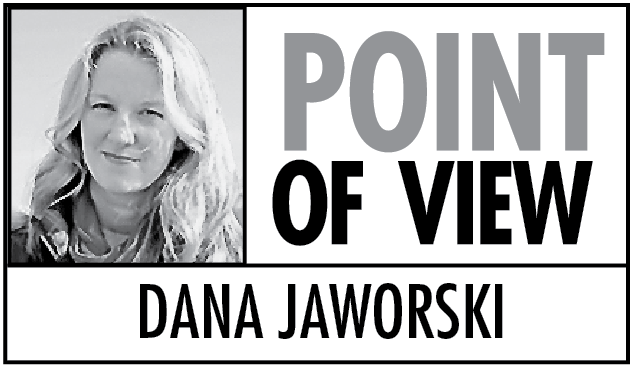Like many residents of the Lower Kenai Peninsula, I have sat in disbelieving anguish, as I read or talked with community members regarding the party last fall that left a young man victimized by his peers.
Recently Michael Armstrong of the Homer News wrote a piece asking the question: Is our community better off a year later? His question is a valid one; however the answers he found left me even more concerned.
For some, the answer has been a wagging finger or a critical tongue, about “those families” or “those teens.” For some, the answer has lain in community programs that involve education and awareness on the issues of health, sexual assault or bullying.
For others, the answer as been to do nothing.
His article reminded me of the example of my parents and the home, I hope, I am building now.
It happened more than 20 years ago, yet I still remember it clearly. There I was, lying on my bed, lounging in my teenage angst, listening to my favorite tape of the Cowboy Junkies, Trinity Sessions. Amid my reverie a very loud, squawky voice boomed over my stereo: “Come back Dark Lord, this is Skywalker!”
I leaped from my bed, convinced my tape deck was possessed and called for my dad. Come to find out, my tape deck was not possessed, it was just Scott. Scott was a young man living with us at the time. He and all his possessions, which included a CB radio and a fondness for using it at late hours, were sitting in front of our house in his 1982 stationwagon. His mom had kicked him out on Thanksgiving morning. My mom, his biology teacher at the time had taken him in.
He wasn’t the first “project” as my little sister and I affectionately called them, nor was he the last. Jonathan, Stacy, A.J., Jamal, Victoria, different kids, yet all in need of the same thing: love. Each kid hungered for it, but asked in different ways.
Sometimes, they needed an actual meal, clothes, or a bed. Generally, they just needed someone in their corner; rooting at their home games, attending their art shows, or helping them with homework. Even though my parents had two girls of their own, they also found room in their hearts and home to stand in the gap for various teens, and still do today.
In reading Michael Armstrong’s article, I was pleased to learn that Homer is now a Green Dot community, and thus will receive the benefits of this internationally reaching organization. It is gratifying that the high school has implemented more peer-led awareness groups and a mentor program for the coaches. I also am thankful for places like Haven House, where victims of abuse or those that need shelter have a place to go. It is organizations and educational programs like this that help bridge the divide between victim and recovery.
I agree that awareness, education and support are all necessary steps in healing. But, it is simply not enough.
Instead of asking if we are better off a year later, we should all be asking ourselves what are we doing to help make our community heal. We can’t just leave it up to the school administrators, teachers, counselors or coaches. People, not programs are what make the difference.
Every teen, whether from a nuclear family or not is asking themselves the following questions on a daily (and at times hourly) basis: Do I matter? Does anyone care? What is my purpose in life?
It is only through relationship that those questions can be answered with positive responses. All around us, there are young people waiting for encouragement. Whether it is the neighbor’s kids, one of our children’s friends, or a bagger at the grocery store, we all come in contact with young people. We all have opportunities to reach out with a kind word or hug at the very least, or better yet, with a relationship that makes a difference in another’s life.
Some of my parents’ “projects” are never heard from after graduation, but some send Christmas cards, or bring their children by the house, and some even say, “thank you for making a difference in my life … without you, I don’t know where I’d be …” Whether, my parents are gratified with that kind of response or not they are better for having tried in the first place.
If all of us took time over the next year to reach out to just one teen that was in our lives, to take interest in them and help them answer those burning questions I know our community would be better off, but more importantly so would we.
Eight years ago, Dana Jaworski and her husband moved from West Texas to Anchor Point, Alaska. Dana is a graduate of Abilene Christian University with a degree in political science. She enjoys writing for Last Frontier Magazine and has been a frequent blog contributor to Word for Today, http://gsccwordfortoday.blogspot.com/. She, her husband, and their three children enjoy clamming, gardening, fishing and the many outdoor activities of the Kenai Peninsula.


